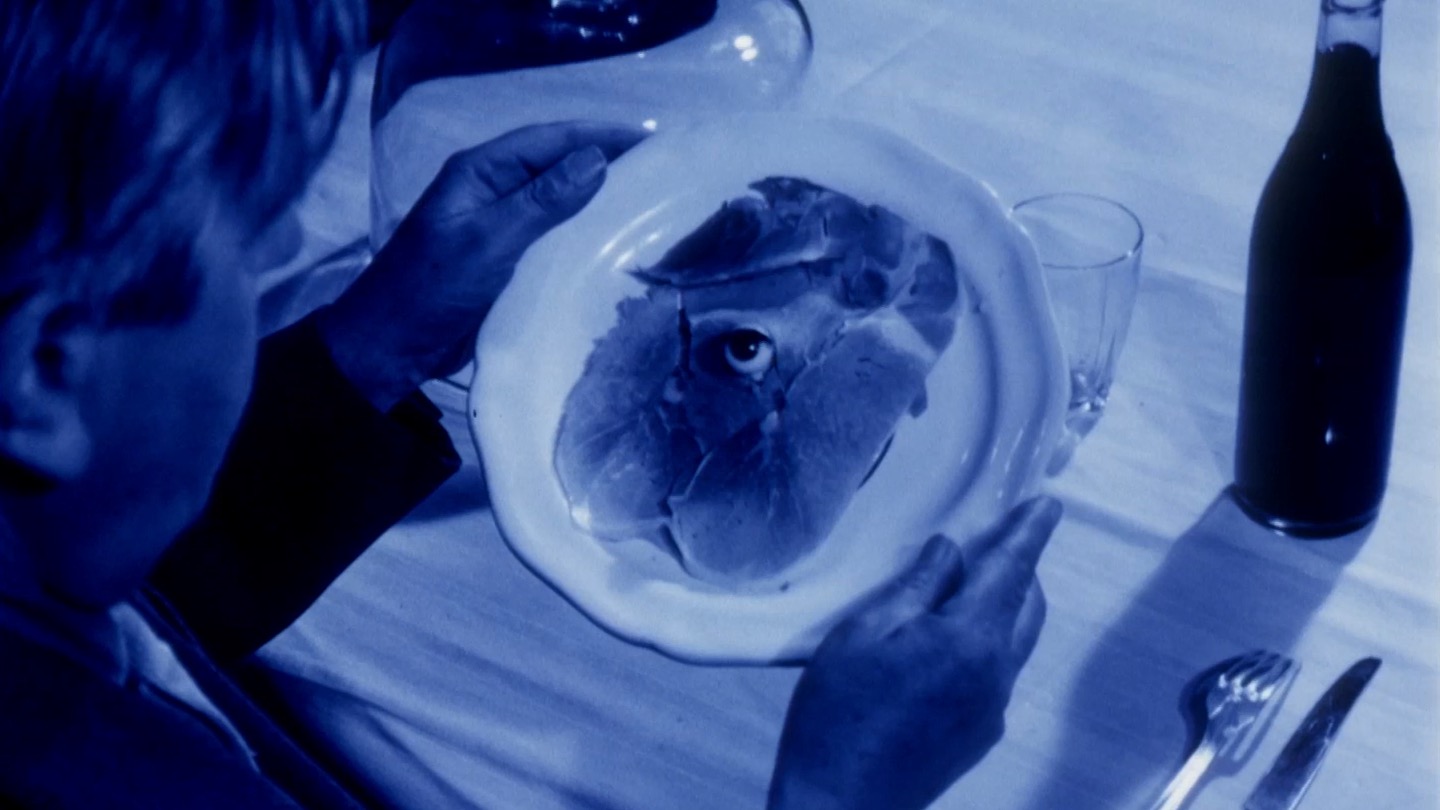↓
Luc de Heusch
Luc de Heusch (1927-2012) was a Belgian filmmaker, writer and social anthropologist. He was a prominent figure both in art and academia, especially in Francophone milieus. He helped shape and took active part in several of the major movements that shaped Europe’s intellectual landscape after the Second World War. As a filmmaker, he started out as an assistant to Belgian filmmaker Henri Storck. In 1951, using the pseudonym Luc Zangrie, he directed his first film Perséphone, the only film produced under the auspices of the artistic movement CoBrA. He produced a series of films on major artists such as Pierre Alechinsky, Christian Dotremont, Reinhoud, James Ensor, René Magritte, Pierre Lahaut, and Michel de Ghelderode, among others. Along with his friend Jean Rouch, de Heusch was one of the most prominent advocates of visual anthropology, making several documentaries on various parts of Central and West Africa. His other films include Gestes du repas (1958), a film on eating habits in Belgium, Libre examen (1968), a film about the student revolt of the 1960s and Jeudi on chantera comme dimanche (1967), his only fiction film.
An artist’s portrait of the Belgian surrealist painter René Magritte. Using a didactic narrative form, De Heusch initiates a dialogue with the artist’s imagination.
